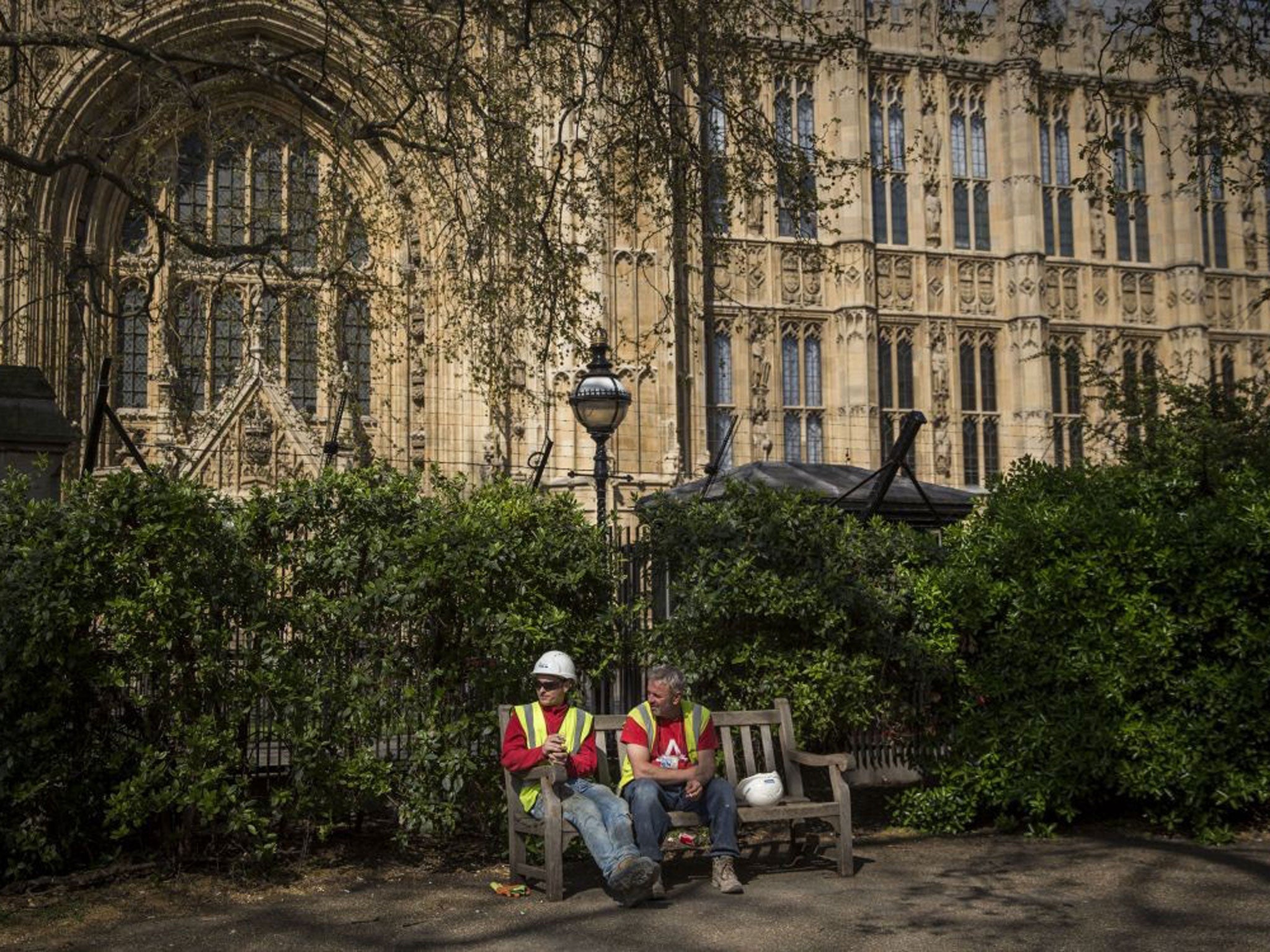The Independent's journalism is supported by our readers. When you purchase through links on our site, we may earn commission.
Mark Dampier: The election has not cleared the storm clouds, so shelter your cash
The stock market reacted positively to the election result but it would be foolish to believe the rally will continue

I suspect many readers will have sat up with surprise on hearing the election result.
The Conservatives' success is similar to 1992, although John Major had a bigger majority. The stock market reacted positively then and has reacted similarly this time around. The pound also surged to its highest level against the dollar in three months the day after the election.
Particular beneficiaries were those companies that had feared a Labour win. Energy groups rallied strongly, as a price cap on bills is now unlikely. Housebuilders have also been winners as the mansion tax and the threat to land banks are off the agenda.
Yet it would be foolish to believe the rally will continue. The Tory majority is slim. Passing controversial legislation will not be easy and two big political issues loom: the future of Scotland and the EU referendum by 2017 – although, in the case of the latter, I hear there is the possibility of the referendum being brought forward.
However, I'm surprised by how many so-called investment professionals move portfolios around and make decisions purely on the basis of opinion polls and politics. As I have previously written in this column, the fewer investment decisions you make, by taking a truly long-term approach, the better.
On the economic front, the UK cannot insulate itself from global events. The problems in Greece are still with us, while the timing of the first interest rate rise in more than six years is likely to rear its head again, especially if the US moves first. Economic data, at least on the wage front, does not seem to suggest there will be any great rush to raise rates rise; I don't think it will happen in the UK until at least next year.
In bond markets I believe the long bull run could be coming to an end. I was interested in a recent piece of analysis by M&G's fixed-interest team, which considered what might happen if the yield on the world government bond index rose by 219 basis points (or 2.19 per cent). This is the same movement that occurred from January to November 1994 – the year that generated the biggest drawdown (peak to trough fall in value) in global government bonds since the inception of the index in 1986, and is based on total returns (income and capital growth).
An equivalent move today would result in the total returns falling by 15.5 per cent, investment-grade corporate bonds down by 11.7 per cent, and global high-yield corporate bonds falling 3.2 per cent. These changes assume there is also no change in credit spreads (the difference in yield between government and corporate bonds).
Investors seeking bond exposure should look to strategic bond funds, which can offer some shelter for capital during difficult periods if the manager makes the right calls. Alternatively, while low yielding, cash is the perfect uncorrelated asset class.
Back to the UK stock market and I believe it currently looks neither cheap nor expensive, though a business-friendly government should help it make progress in the long run. Yet commentators seem mostly bearish and this caution is represented by cash sitting on the sidelines. I find this a more contrarian signal, suggesting any falls in the market will see buyers coming in.
Government spending is still too high, and tax rises can be expected in the next couple of years. Given the pledges the Conservatives have already made, I expect they will have to be more creative in how they raise revenues, and we could see some tax increases around pensions. There are many hard decisions ahead for the Government, so it seems a no-brainer to shelter as much tax as possible in Isas and pensions while you can.
Mark Dampier is head of research at Hargreaves Lansdown, the asset manager, financial adviser and stockbroker. For more details about the funds included in this column, visit www.hl.co.uk
Subscribe to Independent Premium to bookmark this article
Want to bookmark your favourite articles and stories to read or reference later? Start your Independent Premium subscription today.

Join our commenting forum
Join thought-provoking conversations, follow other Independent readers and see their replies